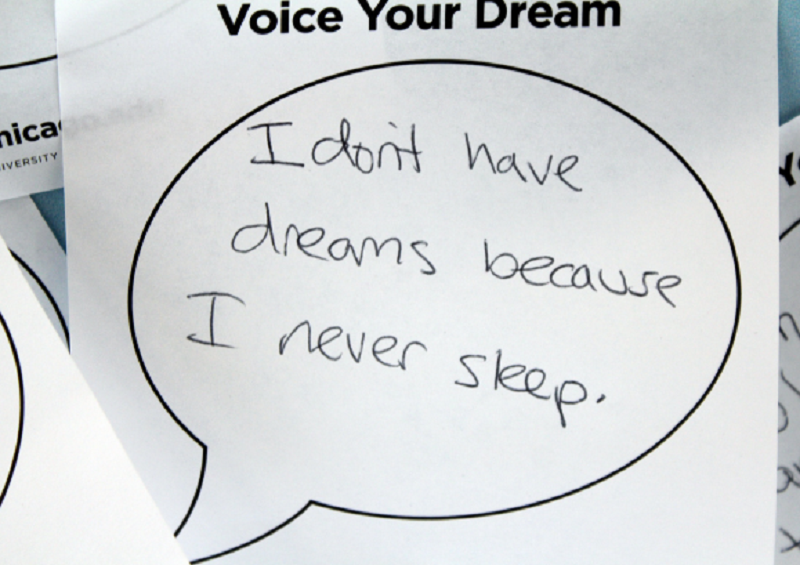‘Insomnia’ the term usually represents a chronological sleeping disorder which is still not accepted as an authentic illness in some parts of the world. Some people still have a hard time believing if insomnia is real unless they encounter a victim themselves.
The main causes of Insomnia like
- Emotional and mental stress
- Medication
- Prolonged medical illness
- Excessive intake of caffeine, alcohol, and nicotine
- Irregular sleeping routine
- Anxiety and depression
Sleep studies indicate that we are living a very stressful life compared to what our ancestors did and we need to relax and sleep properly allowing the body to rest before it can start again.

A Glance at the current statistics of Insomnia Victims
The disorder has taken a rise from the surface to the hardcore world recently, yet the entry has made a lot of noise to get the deserved attention at the problem.
Taking a brief look on the stats provided by The better sleep guide
- Insomnia took the limelight recently, people are sleeping 20% less compared to our forefathers.
- If you thought you’re the only one who isn’t sound asleep, there are 30% of the entire population who can give you company.
- 100 out of every 300 people walking beside you suffers from insomnia.
- Approximately half of America stays awake due to stress and anxiety.
- Insomnia percentage is in between 40% to 60% considering people aged more than 60
- women outnumber men in insomnia numbers.
- Depression is a lifelong companion of 90% insomniacs
- Patients asking sleeping aid is close to 10 million
- And, the chances of being obese increases by 27% for an insomniac
- Also, insomnia victims are more likely to avoid sex with their partners.
Shocking truths about Insomnia; If you think insomnia victims are more likely to be an adult due to an assumable amount of stress from daily activities, you will be compelled to re-do your research. An average portion of children between 5-18 years suffer from insomnia. This is not hard to guess as for the children approaching adolescence suffer through the same amount of stress and depression that an adult does.
Hence, don’t hesitate to get a knack of your child’s life and resolve their daily issues to gift them a comfortable sleep.
Self-care Remedies & Tips regarding Insomnia
- Adopt new sleep supporting habits;
- Plan a proper sleeping schedule, no matter what occurs don’t skip the schedule
- Avoid day mid-day naps or sleeping breaks
- Limit consumption of caffeine, alcohol, and nicotine before bedtime
- Don’t skip food, and avoid late meals
- Do regular workout and exercise
- Learn to associate your bed with sleeping, train your brain
- Use the bedroom only for sleeping and sex, so your brain gets strong signals to make you sleep as soon as you get in your bedroom.
- Leave the bed when feeling sleepless. Don’t force yourself to sleep when you’re not able to, get out of bed and try to do some activity to engage and relax.
- Get bedroom clocks out of sight. The continuous tick-tick of the clock when you’re trying to sleep and you are not able to induces anxiety and makes the night sleepless.
- Create a sleep-friendly environment in your bedroom
- Ensure your bedroom is dark, cold, and quiet
- Turn off your T.V, laptops, computers or mobiles an hour before sleep
- Avoid stressful discussion that can stimulate anxiety